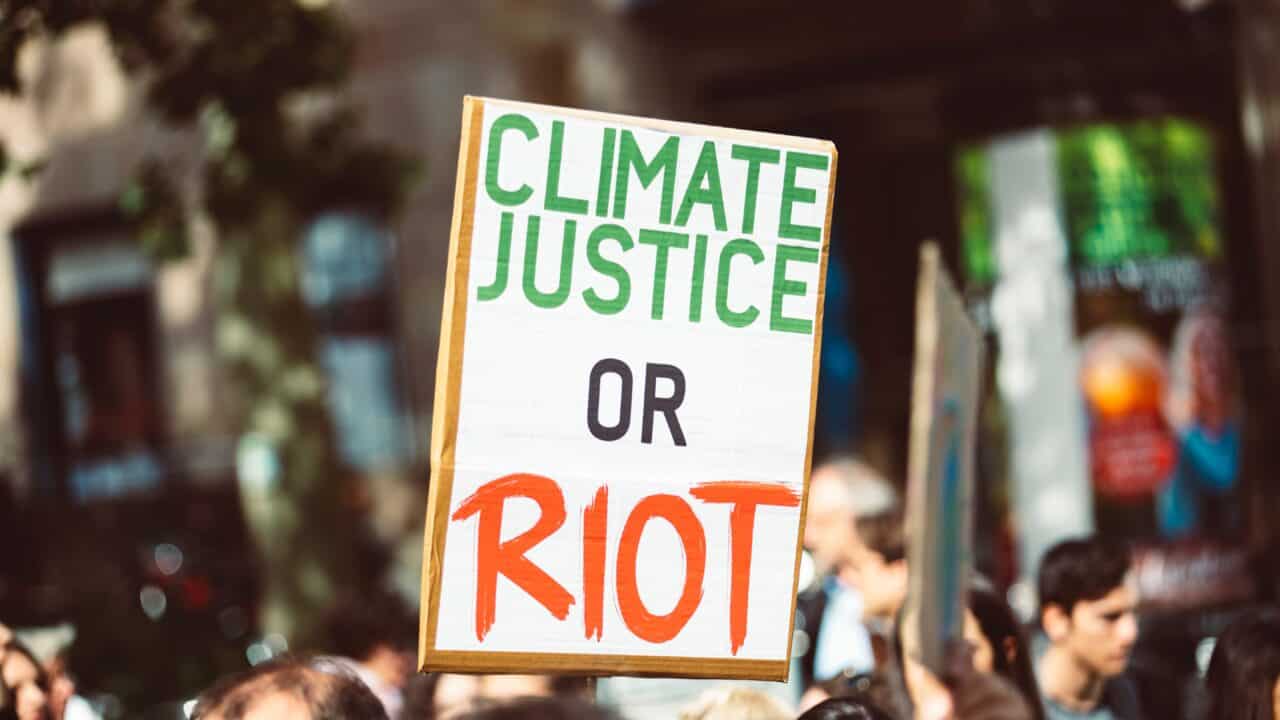 Photo by Markus Spiske on Unsplash
Photo by Markus Spiske on Unsplash
Democrats reckless tax and spending spree includes a number of spending provisions of dubious origin and purpose that waste taxpayer money. The Democrat bill backed by President Joe Biden, Senate Majority Leader Chuck Schumer (D-N.Y) and Sen. Joe Manchin (D-W.Va,) would increase taxes by roughly $750 billion.
Below is a non-exhaustive list of 10 puzzling items that Democrats are raising taxes to pay for:
Solving “Gaps in Tree Canopy Coverage”
Section 60501 of the bill’s neighborhood access and equity grant program would provide money to entities to “identify, monitor, or assess… gaps in tree canopy coverage” located in “in a disadvantaged or underserved community.”
The grant program is funded with $1.9 billion in taxpayer dollars.
Improving the Walkability of “Regional Greenways”
Section 60501 of the bill would also allow the Administrator of the Federal Highway Administration to issue grants for the construction of projects that improve the “walkability” of “regional greenways.” A regional greenway is a corridor of undeveloped land reserved for environmental preservation. The bill would spend taxpayer money developing the undeveloped land to make it easier to walk on.
Electric Garbage Trucks
The bill includes a $1 billion grant program for the purchase and rental of “clean heavy-duty vehicles,” which includes garbage trucks. Garbage trucks should be paid for with local funds, not federal funds. In the bill, the federal government would award these grants to contractors at the local level.
Here it is, straight from Democrats’ bill summary:
“$1 billion for clean heavy-duty vehicles, like school and transit buses and garbage trucks.”
$3 billion for Zero-Emission USPS Mail Trucks
Section 70002 allocates $3 billion to purchase and lease expensive zero-emission delivery vehicles for the United States Postal Service.
Issuing Department of Energy Grants on the basis of race
Section 50121 of the bill describes several grant programs in which the Energy Secretary is directed to fund projects that serve “underserved communities,” a separate category from “economically disadvantaged communities.” This phrase is explicitly referenced in regard to the neighborhood access and equity grant program and the HOMES rebate program, which collectively provide over $6 billion in grants.
The definition of an “underserved community” in the bill is as follows:
(3) UNDERSERVED COMMUNITY.—The term ‘‘underserved community’’ means—
(A) a community located in a ZIP code that includes 1 or more census tracts that include—
(i) a low-income community; or
(ii) a community of racial or ethnic minority concentration; and
(B) any other community that the Secretary determines is disproportionately vulnerable to, or bears a disproportionate burden of, any combination of economic, social, and environmental stressors.
An underserved community therefore, can simply be defined as a majority-minority area . Under this bill, billions of dollars can be granted on the basis of the racial makeup of a community.
$3 Billion “Climate Justice” Slush Fund for Progressive Activists
Section 60201 of the bill allocates $3 billion to award “environmental and climate justice block grants.” Eligible entities would be able to use the grant for “facilitating engagement in disadvantaged communities” in state and federal political processes through advisory groups, rulemakings, and workshops.
This grant would fund climate activists with taxpayer dollars.
$7,500 Tax Credit for Luxury Electric Vehicles
Section 13401 provides a $7,500 tax credit for electric vehicles (EVs) and removes the 200,000 vehicle per manufacturer cap. Households earning up $300,000 are still eligible claim the credit ($150,000 for single-filer). The credit can be claimed on an EV costing up to $80,000 for a van, SUV or pickup and $55,000 for any other type of EV.
$4,000 Previously-Owned Electric Vehicle Credit
Section 13402 would create a new, additional tax credit for previously-owned electric vehicles. The credit given is the amount equal to the lesser of $4,000 or 30 percent of the sale price of the vehicle. This mean that taxpayers could pay up to $11,500 of the cost of EV over the vehicle’s lifetime.
Subsidies for “Energy-Efficient” Doors and Windows
Section 13301 would replace a $500 lifetime cap on nonbusiness energy property credits with an annual $1,200 credit. This credit allows up to $600 in credits for energy efficient windows and skylights and up to $500 for energy efficient doors.
There is no reason the government should be subsidizing individuals’ door and window replacements.
$200 Million for the Green Education of Contractors
Section 50123 appropriates $200 million in grants to states to start training and education programs to teach contractors home energy improvements eligible for taxpayer rebates. Such projects include installing electric stoves, ovens, and dryers. The federal government wants to spend $200 million teaching professional contractors how to install basic appliances.

